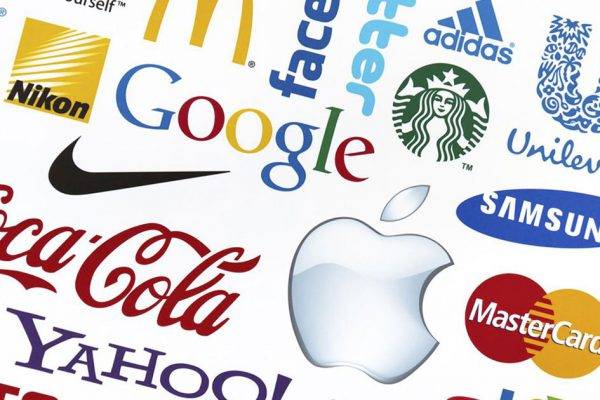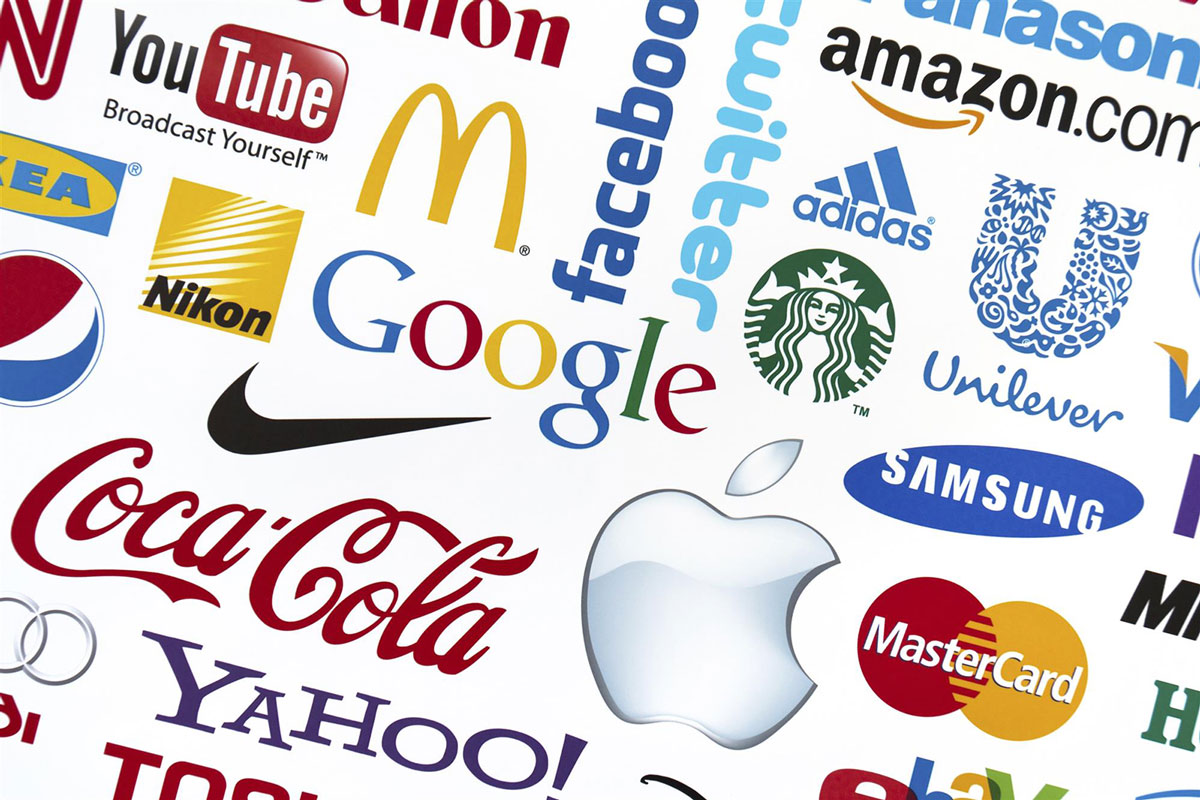What’s in a company name?

Filters
Results
 Think of some of the biggest names in the corporate world today. Disney. Apple. Nike. Amazon. Google. They aren’t confused with competitors or companies with similar names. The names are iconic and recognised by practically anyone with an internet connection.
Think of some of the biggest names in the corporate world today. Disney. Apple. Nike. Amazon. Google. They aren’t confused with competitors or companies with similar names. The names are iconic and recognised by practically anyone with an internet connection.
But it wasn’t always that way.
First, the companies started as an idea, and gradually gained fame and fortune over the years. While the connection to what they do is obvious today, some of them aren’t really related to their product or service at all. So then, does the company name really matter at all?
Every company has a story
Take a closer look at the Big 5 names above and think about what they do for a business. What’s the reason behind the name? Can you tell right away, or do you have to look it up?
- Disney is obvious because it’s simply named after founder Walt Disney. Luckily for him, he had an uncommon surname.
- Apple doesn’t seem to have much to do with computers. While one could extrapolate that founder Steve Jobs chose the name because apples are iconic, nutritious, and healthy and he wanted his company to be the same, the actual inspiration of the name is much simpler. After visiting an apple orchard, Jobs thought that the name Apple sounded “fun, spirited, and not intimidating” and couldn’t come up with a better name that was more technical and represented computers, so went with Apple Computers.
- Nike is two-syllables, and actually stands for something very specific. In Greek mythology, Nike is the goddess of victory. And for competitive athletes, who wouldn’t want to wear something to help them win?
- Amazon wasn’t the company’s original name. Originally “Cadabra” (like abra-cadabra), after being misheard as “cadaver”, founder Jeff Bezos decided to come up with something less dead-sounding. The story goes that Bezos was looking for a name that started with A because website listings were in alphabetical order and came across the word Amazon, the world’s largest river. As his goal was to build the world’s largest bookstore, he adopted the name, and now, Amazon sells much, much more than just books.
- Google was very nearly called BackRub at one point, due to the emphasis on backlinks. Then a friend suggested the word “googolplex” which is 10100 or the number 1 followed by 100 zeros. Since they wanted their search engine to be used to find every webpage, the name made sense. But only hearing the word, they misspelled it as “google” and the name stuck, and now has its own verb. You could google something on Bing. But not the other way around.
What do these names have in common?
All of those companies had very different ways at arriving at their name. Yet they all also share something in common: those names have a narrative attached to them, some kind of story or meaning. This is something you can talk about in your About page, leave it as a mystery to talk about in an in-person meeting, or let customers make a guess on their own only for the truth to come out later in your biography when you’re super famous.
So I can name my company whatever?
You can name your company whatever you want, but it might not be the best idea. If you want to do something abstract, go for it! But when you think about the name, remember that if you decide to change it later it will mean new branding, website redirects, awareness campaigns, and a whole lot of other headaches, which only become more complicated as your company grows. If that’s the case How do you Pick a Perfect Name and Logo for Your Company?
One thing to definitely consider is not naming your company after something you don’t do? Probably not the best idea. For instance, if you sell mobile phone accessories and you call your store Chihuahua Dentistry, people might think you do oral care for small dogs instead of selling phone cases. Remember that Steve Jobs originally called his company Apple Computers, not Apple Juicers, and didn’t drop “Computers” until decades later when he had a strong following.
Some good rules of thumb when choosing your company name include:
- Know your target audience. Perhaps the most important part of running a business, and relevant to your name as well. Will your audience appreciate something abstract, complicated, clever, or crass? Or are you looking for people that want something more straightforward, corporate, or formal?
- Keep it relevant. Whether it’s something personal to you, a clever fusion of words, or even a weird nickname you were called in primary school, your name should mean something. You’ll be hearing it nonstop, so make sure it’s something that sounds pleasant to you!
- Beware of soundalike words and similar companies. Don’t fall prey to coming up with a brilliant name only have it be close to something unpleasant. A brown no-sugar drink called Shyet Cola (Rhymes with diet!) might be a bit off-putting. Likewise, making energy drinks called Red Pull that “Gives you Springs” could get you in trouble.
- Be easy to search for. Having a strong digital presence is strongly recommended these days. But just having a website isn’t enough. It’s important that people can find you too! Try to have a name that’s easy to say and spell so people can find you. You should also try to include close variants as search targets that can direct people towards your site.
- Think about possible logos/visuals. Some names have clearer visuals than others. Nike simply has a checkmark. Victory? Check. Disney, on the other hand, invented a new font and includes their iconic castle behind it. Some words require more brainstorming, which tends to lead to higher logo design costs too.
Your name is part of your story and an important part of your identity. It’ll be with you from Startup to Success… Don’t take it too lightly!





